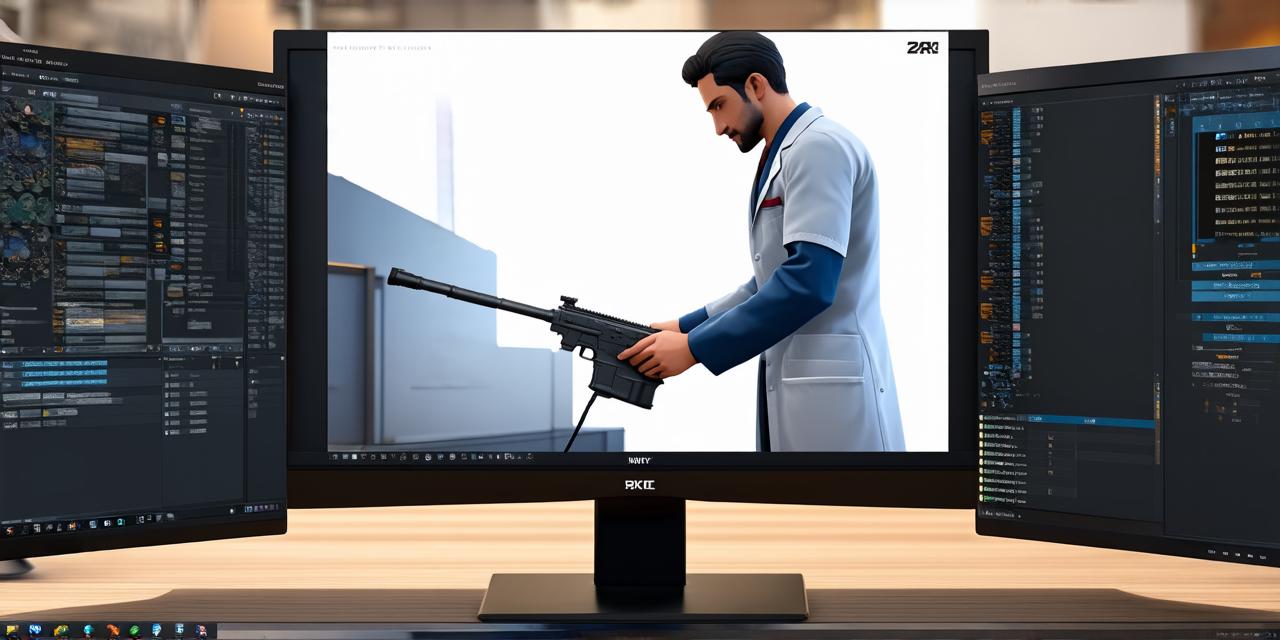When it comes to choosing a computer or laptop, one of the most important factors to consider is the amount of RAM available. RAM, or Random Access Memory, is responsible for temporarily storing data and instructions that your computer needs to access quickly.
This is especially true for software like Unity, which requires a certain level of RAM to function smoothly. In this article, we will explore the minimum RAM requirements for Unity software and provide some tips on how to ensure that you have enough RAM for your needs.
What is Unity Software?
Unity is a popular game engine that allows developers to create interactive 3D experiences for desktop, mobile, web, and consoles. It is used by both beginners and experienced professionals to create everything from simple prototypes to complex games and applications. One of the key features of Unity is its ability to run on a wide range of hardware, making it accessible to people with different types of computers and devices.
Minimum RAM Requirements for Unity
The minimum RAM requirement for Unity depends on several factors, including the type of project you are working on, the complexity of your scenes, and the number of simultaneous users. However, as a general rule, Unity requires at least 4GB of RAM to run smoothly. This means that if you have less than 4GB of RAM in your computer, you may experience performance issues or crashes when using Unity.
Tips for Ensuring You Have Enough RAM for Unity
Here are some tips to help ensure that you have enough RAM for Unity:
- Upgrade your RAM: If you have an older computer with less than 4GB of RAM, consider upgrading to a newer model with more RAM. This can significantly improve the performance of Unity and other applications.
- Close unnecessary programs: When working in Unity, it’s important to close any other programs that are running in the background and using up your RAM. This will free up more resources for Unity and improve its performance.
- Adjust graphics settings: If you are experiencing performance issues with Unity, try adjusting the graphics settings to reduce the load on your system. For example, you can lower the resolution or turn off certain visual effects.
- Use a separate machine: If you are working on a large-scale project with multiple users, consider using a separate machine specifically for running Unity. This will ensure that everyone has access to the resources they need without slowing down the system.
Conclusion
In conclusion, having enough RAM is essential for smooth performance when using Unity software. While the minimum requirement is 4GB, it’s always a good idea to upgrade if possible and take steps to optimize your system for better performance. By following these tips, you can ensure that you have the resources you need to create successful projects in Unity.



